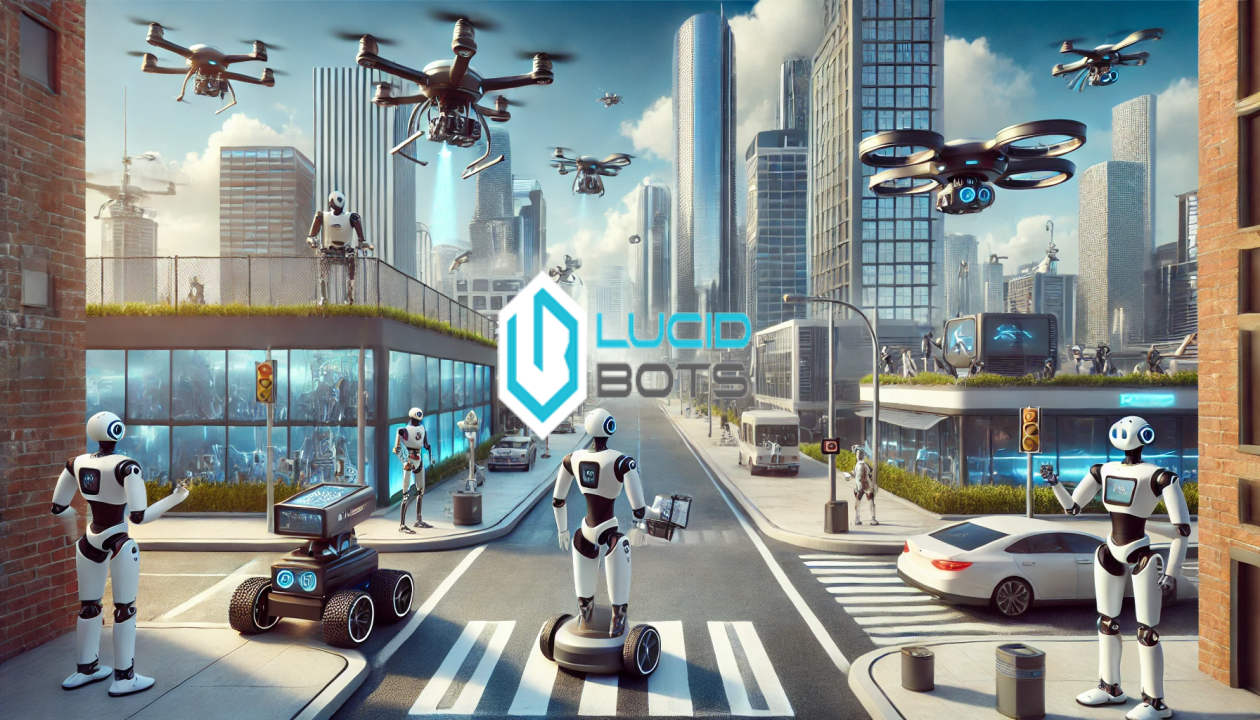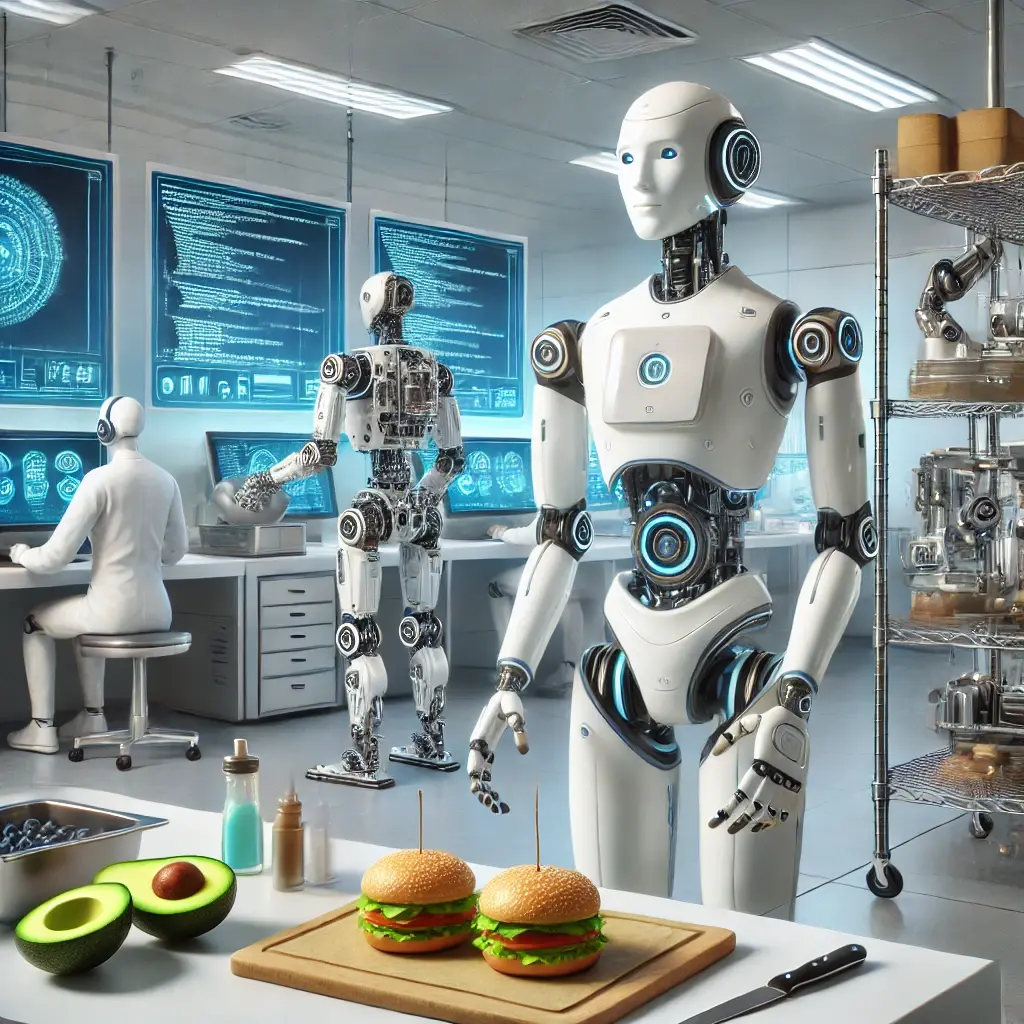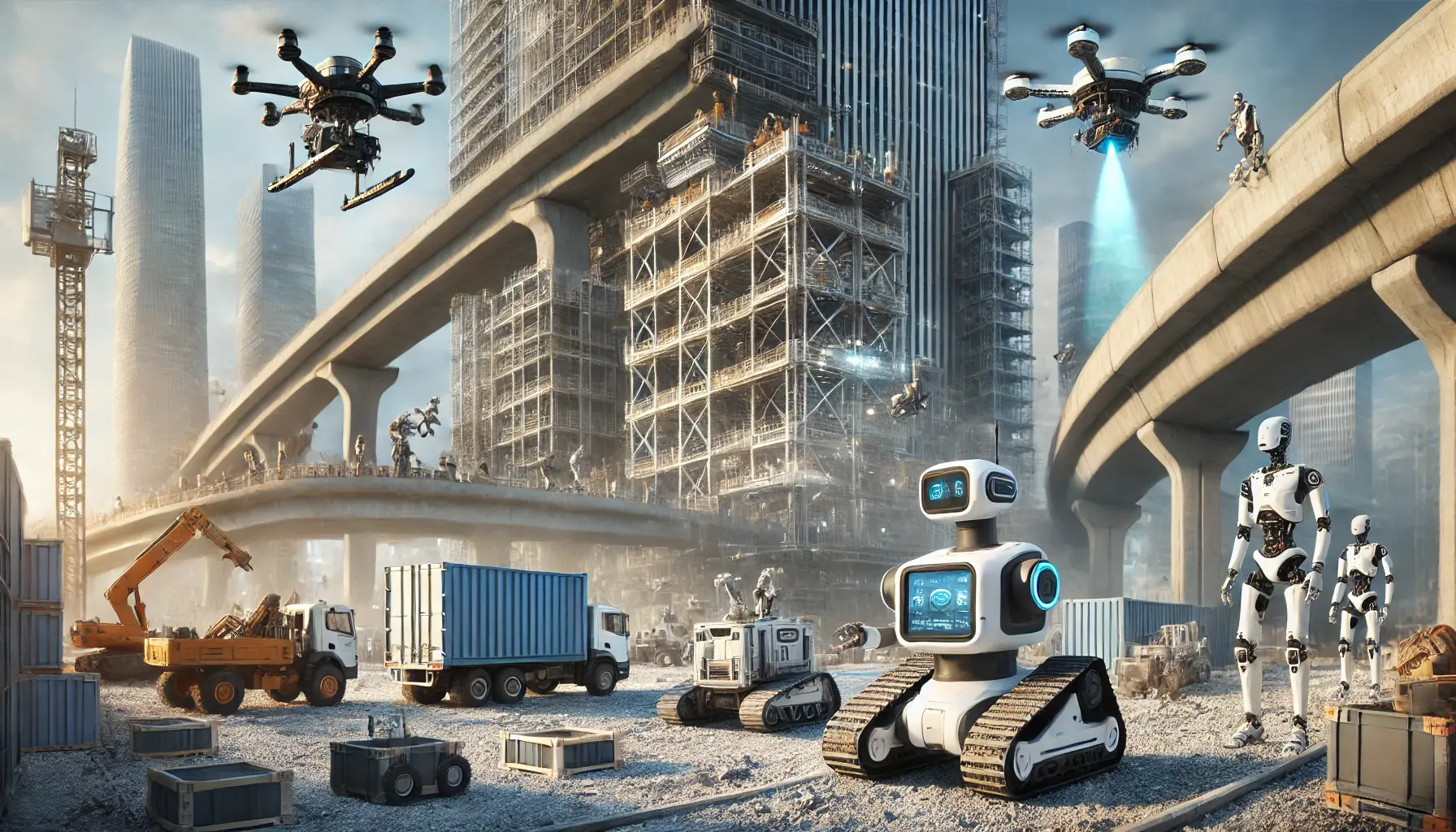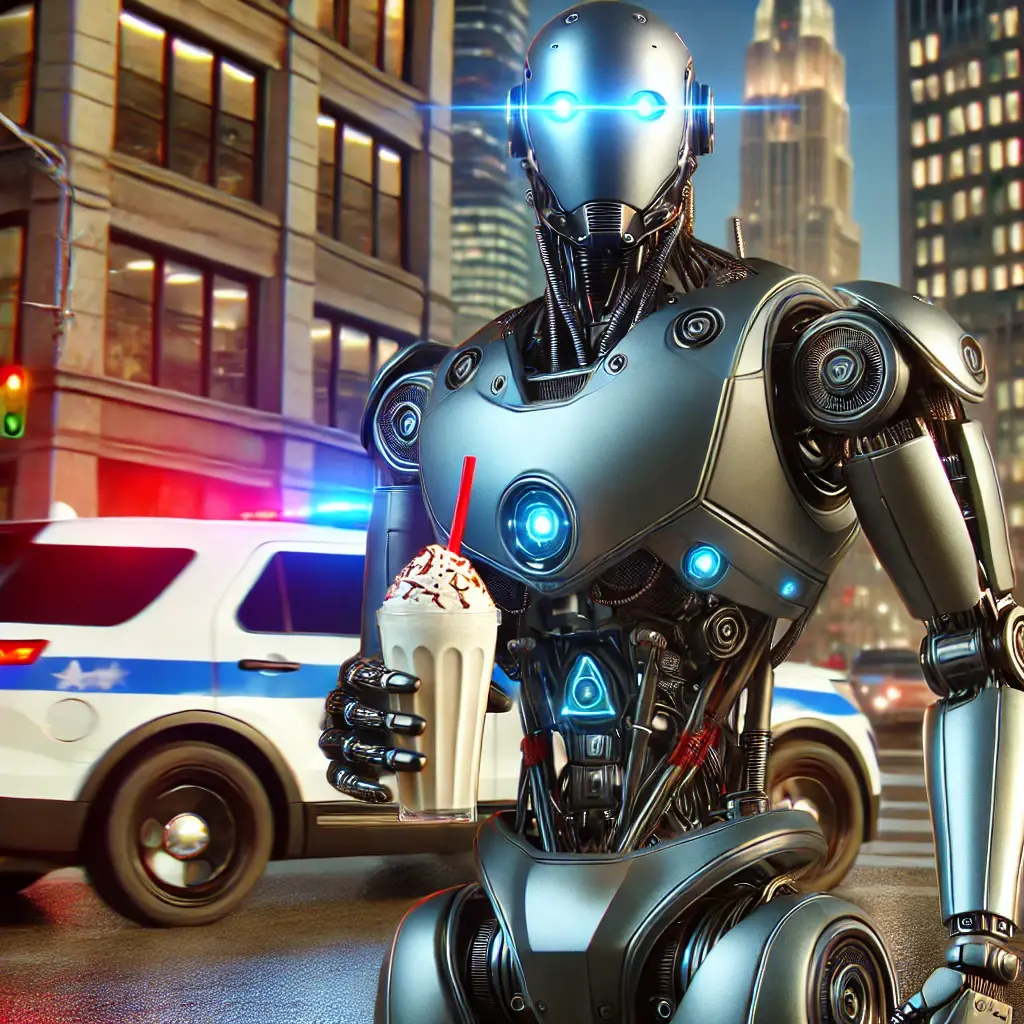TL;DR - Robots are mastering ping pong, Ukraine is using cheap drones in their efforts against Russia, and 3D-printed homes are reshaping real estate in Austin.
Google DeepMind has developed a robotic system capable of competing at an amateur human level in table tennis. By utilizing a combination of advanced AI, virtual simulations, and a robotic arm, the system was able to achieve a 55% win rate against intermediate human players. While it performed well against beginners, it struggled against advanced players, highlighting the ongoing challenge of integrating high-level strategic thinking with real-time physical execution.
Major takeaway: The development of Google's ping pong robot demonstrates significant advancements in AI's ability to combine strategy with real-time physical execution.
Ukraine is effectively using inexpensive commercial drones to counter and disrupt Russia's more costly reconnaissance drones. These low-cost Ukrainian drones, often modified consumer models, have proven effective in jamming signals and interfering with Russian drone operations, providing a cost-efficient defense strategy.
Major takeaway: Ukraine's innovative use of cheap drones to counter Russia's expensive spy drones highlights the strategic advantage of leveraging accessible technology to disrupt more sophisticated military assets. This approach offers a cost-effective solution in modern warfare.
In Austin, Texas, Lennar and ICON are building the world’s largest 3D-printed neighborhood, comprising 100 homes. Using ICON’s Vulcan 3D printer, each home’s wall system is printed in just a few days $544,638, while the new robot-produced homes are selling for $446,000. The project showcases the potential for 3D printing and robotics to significantly lower costs and increase efficiency in the real estate industry.
Major takeaway: This development highlights how 3D printing can revolutionize housing, making construction faster, more affordable, and scalable, with significant implications for the future of real estate.
About Lucid Bots:
Founded in 2018, Lucid Bots Inc. is an AI robotics company that is committed to uplifting humanity by building the world's most productive and responsible robots that can do dangerous and demanding tasks. Headquartered in Charlotte, the company engineers, manufactures, and supports its products domestically, which include the Sherpa, a cleaning drone, and the Lavo Bot, a pressure-washing robot. Lucid Bots' products are elevating safety and efficiency for a growing number of customers around the world. Lucid is a Y Combinator-backed company, with investments from Cubit Capital, Idea Fund Partners, Danu Ventures, and others. Lucid Bots raised $9M in Series A funding in May and was recently named a member of the NVIDIA Inception Program, designed to help startups evolve faster through cutting-edge technology, opportunities to connect with venture capitalists, and access to the latest technical resources.

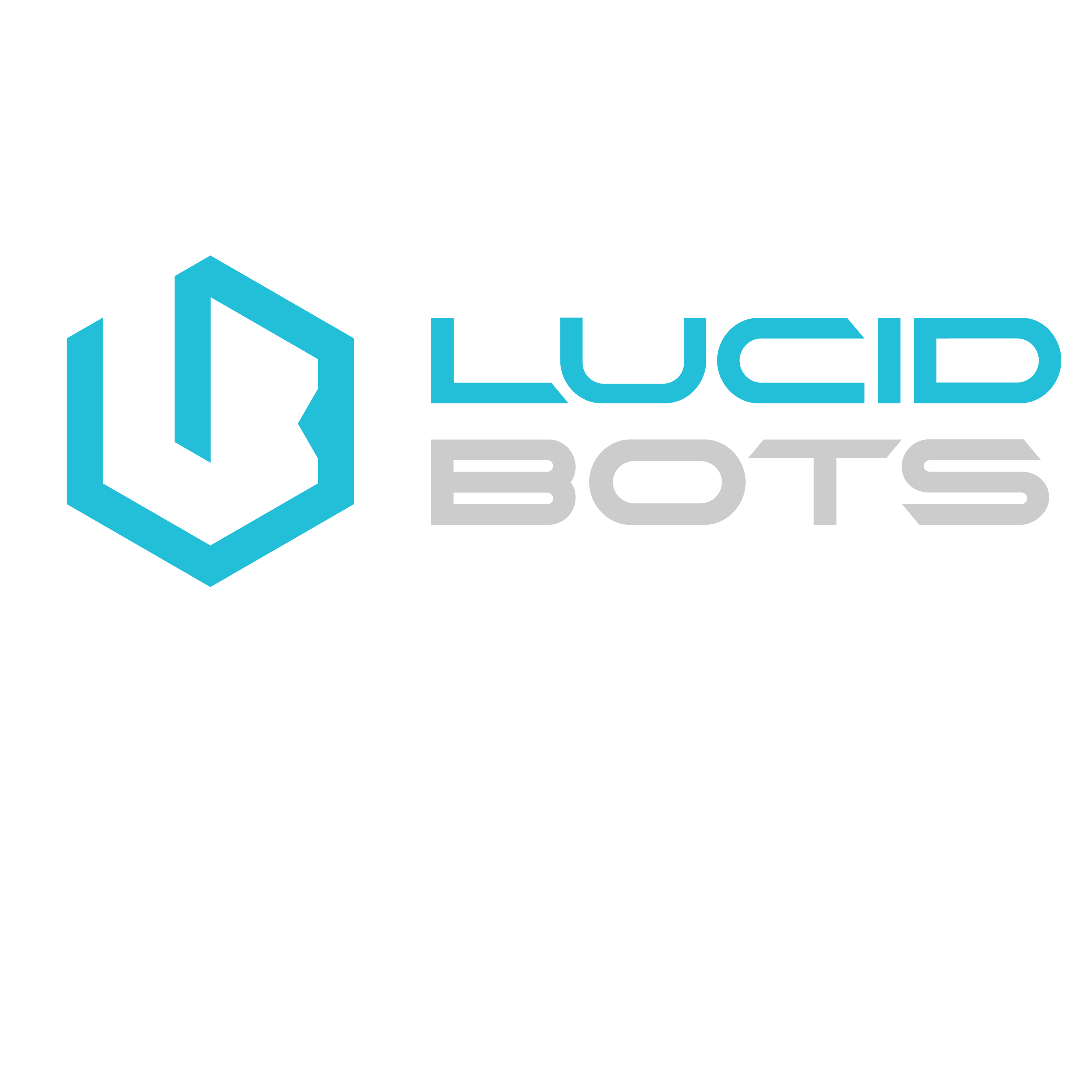


 Andrew Ashur
Andrew Ashur
